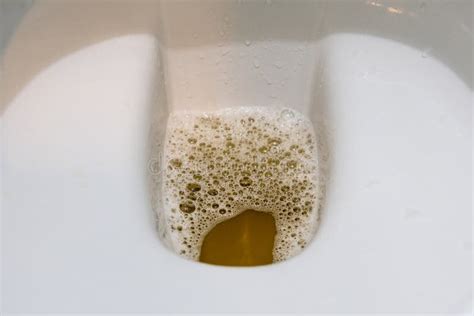What are some often overlooked early symptoms of kidney disease in men?

Understanding the Silent Threat to Men’s Kidneys
Kidney disease is often dubbed a ‘silent killer’ because its early symptoms are frequently non-specific, mild, and easily overlooked or attributed to other common conditions like aging, stress, or a demanding lifestyle. For men, there can be an added layer of reluctance to seek medical attention for seemingly minor ailments, further delaying diagnosis. However, catching kidney issues in their nascent stages is paramount for effective management and preserving kidney function. Understanding these often-missed early warning signs can empower men to advocate for their health and consult a doctor sooner.

Persistent Fatigue and Generalized Weakness
One of the most common yet overlooked symptoms is persistent fatigue. This isn’t just everyday tiredness; it’s an overwhelming weariness that doesn’t improve with rest. Kidneys play a vital role in producing erythropoietin, a hormone that signals the body to make red blood cells. When kidneys are failing, this production decreases, leading to anemia, which in turn causes profound fatigue, weakness, and difficulty concentrating. Men might dismiss this as a natural part of aging or overwork, failing to connect it to kidney health.
Subtle Changes in Urination Patterns
While changes in urination can signal various health issues, certain patterns are indicative of early kidney trouble. Nocturia, or needing to urinate frequently at night, can be a sign that the kidneys are having trouble concentrating urine, especially in the evening. Another overlooked sign is foamy urine, which can indicate excessive protein in the urine (proteinuria), a red flag for kidney damage. Blood in the urine (hematuria), even if intermittent or only visible under a microscope, should always prompt medical investigation. Men might attribute increased nighttime urination to prostate issues, delaying a kidney-focused evaluation.

Unexplained Swelling (Edema)
Failing kidneys struggle to remove excess fluid and sodium from the body. This can lead to fluid retention, causing swelling, or edema, in the legs, ankles, feet, or hands. While this symptom can be linked to other conditions like heart failure or liver disease, persistent, unexplained swelling, especially if it’s symmetrical, warrants a kidney check. Men might attribute swollen ankles to standing for long periods or minor injuries, missing the underlying systemic issue.
Skin Changes and Persistent Itching
When kidneys are unable to filter waste products from the blood effectively, toxins can build up in the body. This accumulation can manifest as dry, itchy skin, often described as a generalized itch that doesn’t go away. Other skin changes might include a pale or yellowish complexion due to anemia and toxin buildup. This symptom is frequently dismissed as simple dry skin or an allergy, rather than a sign of internal organ dysfunction.

Muscle Cramps and Neurological Symptoms
Imbalances in electrolytes, such as calcium and phosphorus, caused by impaired kidney function, can lead to muscle cramps, particularly in the legs. These cramps can be severe and frequent. Additionally, the buildup of toxins can affect brain function, leading to difficulty concentrating, memory problems, or a general feeling of ‘brain fog.’ These neurological symptoms are often attributed to stress or lack of sleep, masking the serious underlying kidney issue.
Loss of Appetite, Nausea, and Taste Changes
As waste products accumulate, they can interfere with digestion and appetite. Men might experience a general loss of appetite, unexplained weight loss, nausea, or even vomiting. Some individuals also report a metallic taste in their mouth (dysgeusia), which can make food unappealing. These gastrointestinal symptoms are easily dismissed as temporary ailments or side effects of other medications, rather than a call for kidney evaluation.

Why Men Often Overlook These Symptoms
Several factors contribute to men overlooking these early signs. Societal norms sometimes discourage men from discussing health concerns openly or seeking medical help unless symptoms are severe. Many of these symptoms are also non-specific, meaning they could be caused by various less serious conditions, making it easy to rationalize them away. The slow, progressive nature of kidney disease means changes are often subtle, allowing the body to adapt until significant damage has occurred.
Taking Action: The Importance of Early Detection
If you are experiencing any combination of these symptoms, especially persistently, it is crucial to consult a healthcare professional. A simple blood test (creatinine and GFR) and a urine test (for protein and blood) can help assess kidney function. Early diagnosis allows for interventions that can slow the progression of the disease, manage symptoms, and prevent severe complications. Don’t wait for advanced symptoms; proactively manage your health.

Conclusion: Prioritizing Your Kidney Health
Kidney disease is a serious condition that can silently progress, but understanding its early, often overlooked symptoms can be life-changing. Men, in particular, should be vigilant and not dismiss persistent fatigue, unexplained swelling, changes in urination, or skin issues. Prioritizing regular check-ups, maintaining a healthy lifestyle, and discussing any concerning symptoms with your doctor are essential steps in safeguarding your kidney health and overall well-being.









